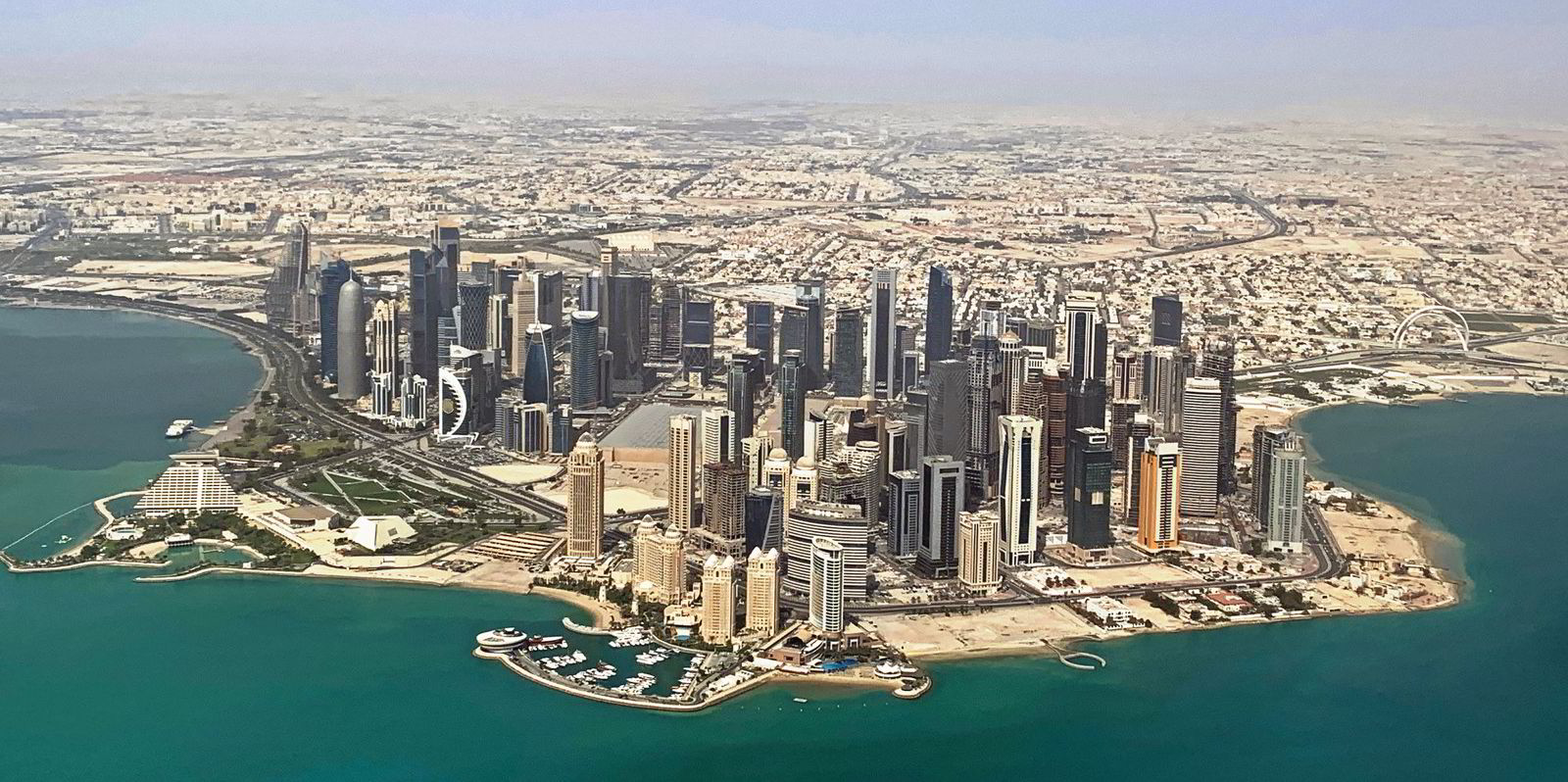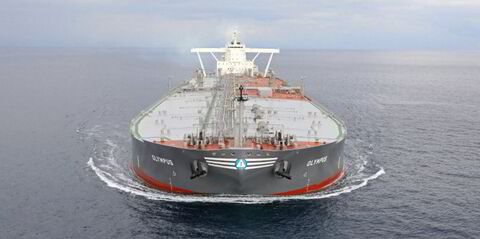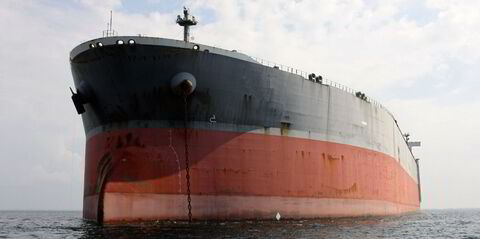Qatar may be set to finish bottom of its World Cup group, but the country is top of a more important league table.
The Middle East nation has been named the most efficient for tanker loadings worldwide by the United Nations Conference on Trade and Development (UNCTAD).
Jan Hoffmann, head of UNCTAD’s trade logistics branch, told a press conference that Qatar was the champion for 2021, with a rate of 259.3 tonnes of oil loaded per minute onto VLCCs.
It led the group of the world's top 10 economies by vessel arrivals.
Saudi Arabia fared well at 156.6 tonnes per minute, against a global average of 116.3.
But Brazil came bottom on 34.3 tonnes per minute, something which is unlikely to be replicated at the World Cup.
The highest-performing economies were in the Middle East, UNCTAD found, with Kuwait and the United Arab Emirates finishing near the top of the table.
Oman and Iraq had lower-than-average performances, however.
Some western African economies like Angola, Cameroon, Gabon and Equatorial Guinea, showed average or higher performances, while others like Nigeria and Ghana had low results, the UN body said.
Performance was also weak for economies on the American continent.
Canada triumphs in handysizes
For handysize tankers, the situation was significantly different.
The global average was 14.1 tonnes per minute and the top performer was Canada at 26.1.
Singapore came last on 10 tonnes per minute.
Economies in North America performed well in general, as did Tunisia and Algeria, UNCTAD added.
European countries including Ukraine, Romania, Malta and Denmark, Middle East nations like Saudi Arabia and Iraq, and the Republic of the Congo, Gabon, Togo and Nigeria in West Africa, showed weaker results.
On the bulker side, the global average for loading capesizes was 34.9 tonnes per minute, but for handysize vessels was only 6.3 tonnes per minute.
Larger ship sizes can take advantage of more loading equipment in ports, UNCTAD said.
A laggard in VLCC terms, Brazil topped the capesize charts on 77.9 tonnes per minute. Guinea came last on 10.3.
Countries in Eastern Europe such as Ukraine and Poland, as well as India, Qatar, Bahrain, the UAE and Sierra Leone, were below average.




